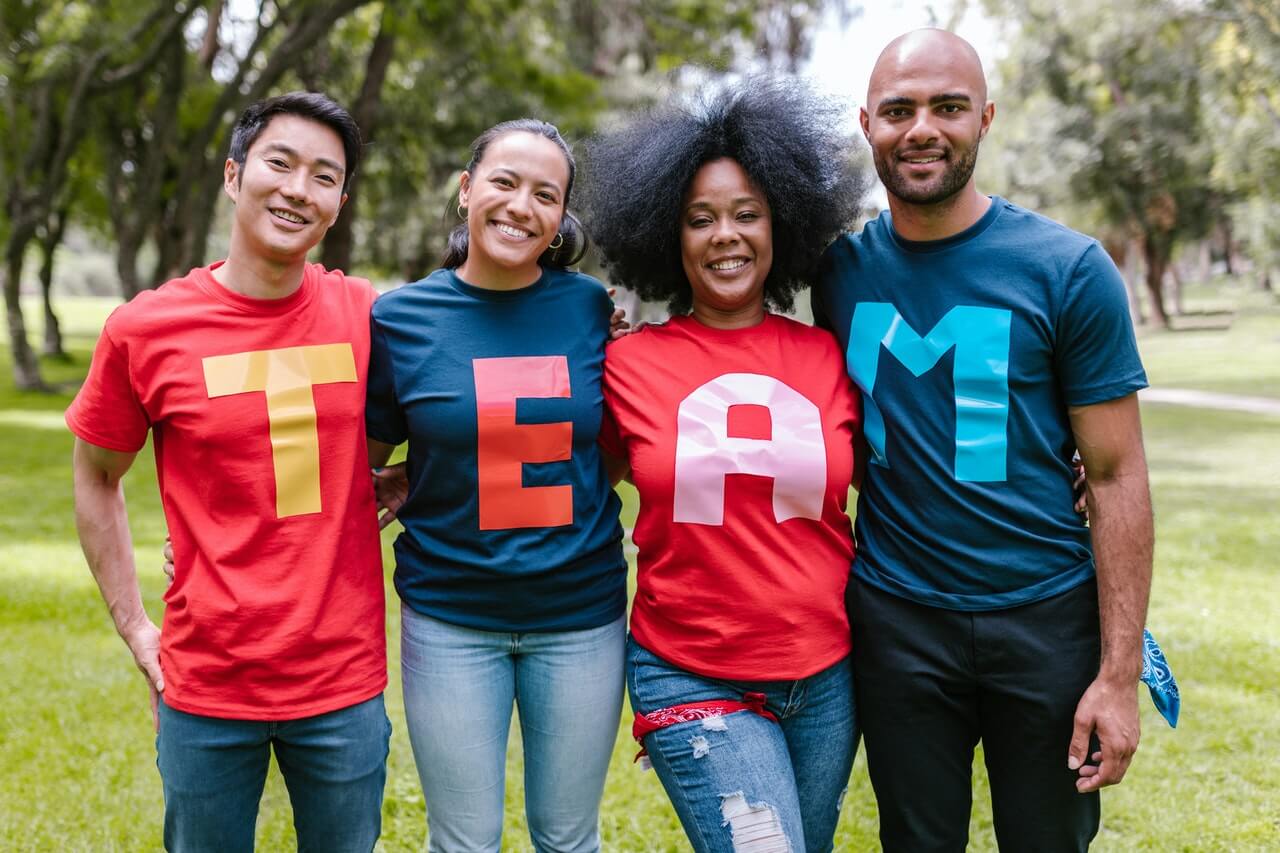It takes a lot of hard work to grow your sports club. Having the right equipment to meet the demands of your members is important, and using software to streamline your registration and management is key.
However, the single most important element in growing your club is staffing it with the right personnel.
Staffing your club with coaches that athletes love to learn from makes classes engaging. Staffing your front desk with administrators your athletes can’t wait to greet can make your club feel like a second home.

Ultimately, when your staff reflect your brand and values, it helps your club give a compelling and consistent experience from signup through to coaching.
Of course, the most talented employees not only benefit your members, but your other staff too.
When your staff members know that their colleagues are focused on delivering a positive experience, they become empowered to focus on elevating their own performance too. In this way, one talented staff member can create a positive ripple effect across your whole business.
How to Groom Talented Staff Members
Just like athletes, staff members need time and attention to develop their abilities. This development often comes in the form of reading, in-person training and shadowing other staff. In some cases, training and development is only limited to these things.
But there’s another way your club can continually develop staff and create a stronger bond across your entire team: mentoring.
We recently caught up with Fran Sahlein, CEO at 3rd Level Consulting to learn more about how staff mentorships improve youth sports clubs. We thought the takeaways were worth sharing!
The Value of Mentoring
As we mentioned above, mentoring can create stronger bonds across your entire organization. These bonds help create a sense of belonging for staff and a desire to stay with your club long-term.

Having one of your staff members feel a sense of loyalty to your club is great. But, when all of your staff members feel loyal and committed, they begin to communicate better and buy-in to your club’s long-term vision of success.
What Does Successful Mentoring Look Like?
First and foremost, mentoring is about ensuring your new staff have a strong start at your club. When your new staff have a designated mentor that they can turn to, they’ll be more likely to ask questions and find the right answers.
This relationship prevents new hires from making common mistakes and fast-tracks their learning.
At 3rd Level Consulting, they recommend two types of mentorships: peer mentors and leadership mentors. Here’s a look at how they differentiate:
Co-worker/ Peer Mentor:
The peer mentor will be the most commonly leaned on, so introduce your newest staff member to their peer mentor on their first day. In order to help facilitate a strong bond, look for a co-worker who has something in common with your newest hire. If there isn’t a clear match, choose the most personable staff member.
Frank Sahlein recommends providing your mentor with simple methods or opportunities to help cultivate a strong relationship. These could include giving the mentor a few ice breaker questions to ask their mentee, or it could mean providing financial reimbursement for a coffee or team building exercise.

Manager/ Leadership Mentor:
At 3rd Level Consulting they say it’s ideal that the leadership mentor is not a direct manager of the mentee. If possible, the leadership mentor should be another manager or person in a leadership position at the organization.
Although the leadership mentor should be assigned on the first day, Sahlein recommends allowing your new hire to get acclimatized to your club for two weeks before they meet with their leadership mentor. Similar to a peer mentor, the leadership mentor should be prepared to encourage and facilitate conversation when they first meet with their newest mentee.
What’s the Difference?
There doesn’t need to be a clearly defined difference between a peer mentor and leadership mentor. Instead, both mentors should simply aim to impart helpful knowledge to their mentee over time. There will be overlap between the two types of mentors, but their unique positions and experiences will help round-out the mentee’s personal and professional growth.

When the mentee has questions, they will naturally choose which mentor they feel is best to answer them. If a peer mentor is asked a question better suited to the leadership mentor, they can always guide the mentee to that mentor for an appropriate answer.
Topics of Conversation
As a mentorship evolves, conversations will flow naturally. But there are a few subjects that are always good to revisit. These include professional topics such as job performance, any job concerns, opportunities for personal improvement, opportunities for the club’s improvement, and general career outlook.
Personal wellbeing should also be revisited including work-life balance, personal updates, discussions on mutual interests when possible, and reviewing any potential conflicts at work along with conflict resolution.
Monitoring
As we’ve discussed before, Uplifter’s built-in evaluation tools reveal how your club’s members succeed through your programming. This data can also reveal which staff are excelling and which staff may need more training.
For the most comprehensive monitoring, 3rd Level Consulting offers specially tested systems and training that will help your team grow their capabilities and foster continued learning at your club. These systems provide your organization with the tools for long-term development and success.
To learn more, visit https://3rdlevelconsulting.com/high-impact-systems-for-mentoring-and-monitoring/ and scroll down to their section on Monitoring. Or, reach out to us at support@uplifterinc.com and we’ll introduce you directly to 3rd Level Consulting co-founder and CEO, Frank Sahlein.









